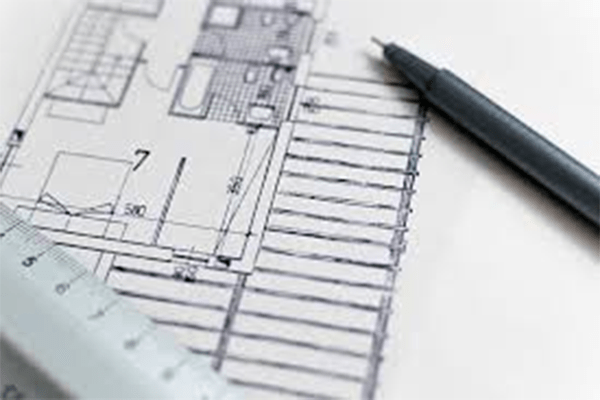
Hospital architecture consultation. Why it is a must?
October 27, 2022
Hospital consultants 6 ways they can help you.
October 28, 2022To begin with, Medical equipment procurement is an important aspect of hospital management. Hospitals cannot function without medical equipment. They are required at every stage; diagnosis, monitoring, treatment, surgical procedures, and management. Thus, equipment planning is a critical part of hospital planning and has to be done with careful deliberation. Thoughtful procurement decisions are essential in avoiding losses due to the substantial monetary investment required for medical equipment. Before making any procurement decision, you will have to consider the scale of your operation, your core specialty, your space parameters, your expected footfall, your budget, and many other crucial factors.
5 things that you should be aware of
1. Your hospital’s equipment needs
Firstly, Every healthcare facility will need a score of equipment. It can be something as basic as a thermometer to something as hi-tech and complex as an MRI machine. Your medical machinery planning has to take into account your specific requirements depending upon your specialty. E.g., A maternity hospital will require sonogram machines and fetal monitors. Investing in equipment that your hospital will rarely use is a waste of resources. Outsourcing such services can easily avoid additional overheads.

2. Quality
Secondly, Medial equipment if faulty can have a direct impact on the health and lives of patients. There can be no compromise whatsoever on the quality…Allocate funds for periodically upgrading equipment to ensure maintaining quality standards. Conduct in-depth research on the plethora of choices available before making a selection. Study the technology, functioning, working capacity, and degree of precision of your desired medical equipment meticulously as this is a long-term investment and cannot be changed on a whim. Some healthcare entrepreneurs settle on “subpar” equipment to downscale costs only to realize that the repair and replacement costs escalate and exceed. Settling for” subpar equipment can also lead to irreparable and unpardonable mistakes in diagnosis and management. Always allocate funds for periodically upgrading equipment to ensure maintaining quality standards.
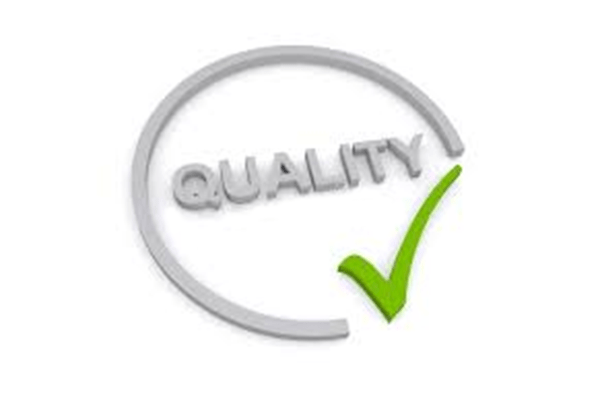
3. The degree of sophistication
Thereafter, Healthcare is a rapidly evolving segment. Here, technology gets upgraded in the blink of an eye. You have to be careful to purchase medical equipment that will not get outdated during its lifecycle and will give the best possible patient outcomes. At the same time, you should not invest in overly sophisticated equipment unless you have a specific need for it as this will involve unnecessary wastage of funds. But, also remember to allocate sufficient funds to periodically upgrade your medical equipment.

4. The right equipment vendor or supplier
As implied before, the quality of medical equipment if faulty can have a direct impact on the well-being of patients…and you can be reassured of excellence in quality if you choose a trustworthy medical equipment vendor or supplier.
You will have to make this selection depending on the discount offered, his/ her level of expertise, terms of service, his/ her reputation, maintenance staff, etc. This is a decision that has to be made after careful perusal periodic maintenance, service, and overhauling of these complex machines has to be done in a timely, efficient, and speedy manner to prevent loss of time, money, and efforts and to prevent interruptions in workflow.
Remember breakdowns in medical equipment can cause unscheduled pauses in workflow and imminent danger to life, hence they should be averted at all costs. Do a thorough analysis of the reviews of the vendors to check if they are reliable and responsive and have a support staff who are trained in the maintenance and repair of your medical machinery.

5. Space and accessibility
Every hospital set-up has its dynamics and space constraints. Your hospital must have the space to house all your top-notch medical equipment. This has to be managed in the architecture and interior planning stage so that there are no hiccups in the installation, maintenance, and repair of your hi-tech machinery.
To put it in a nutshell, your patients’ wellness and their prognosis and recovery all depend upon the degree of sophistication and the quality of your healthcare equipment. So does the efficiency of your workforce and the smooth running of your hospital.
Hence, hospital equipment procurement should be a top-priority issue for you and your team of healthcare professionals. If you are aware of these 5 things, you will be able to plan your medical equipment procurement more effectively.
If you feel that you need expert guidance in this aspect, be sure to consult Hospertz, a leading Hospital Consultancy firm in India, with more than two decades of experience in the field of Hospital equipment planning.
The Blog has been written by Dr. Vishal Jadhav, a veteran in the field of hospital consultancy with rich experience of more than 20 years and founder of the Healthcare Consultancy Firm, Hospertz.
Dr. Vishal Jadhav, Director
hospertz@gmail.com
+91 9867712705/ 9820833149


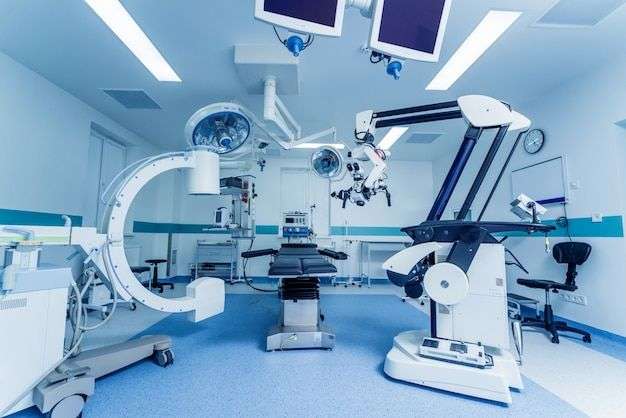
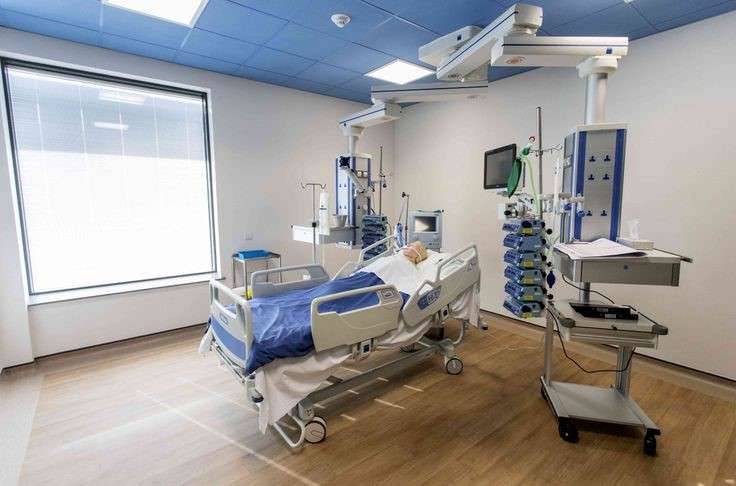
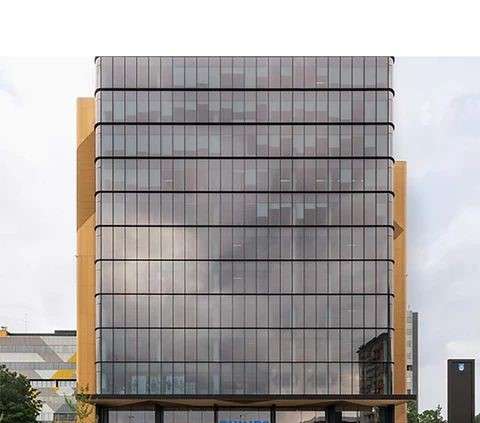
1 Comment
[…] this, be sure to engage the services of a reliable healthcare consultancy firm to help you in the planning and procurement of medical equipment. This will be one less headache to be bothered about if you outsource it to the […]